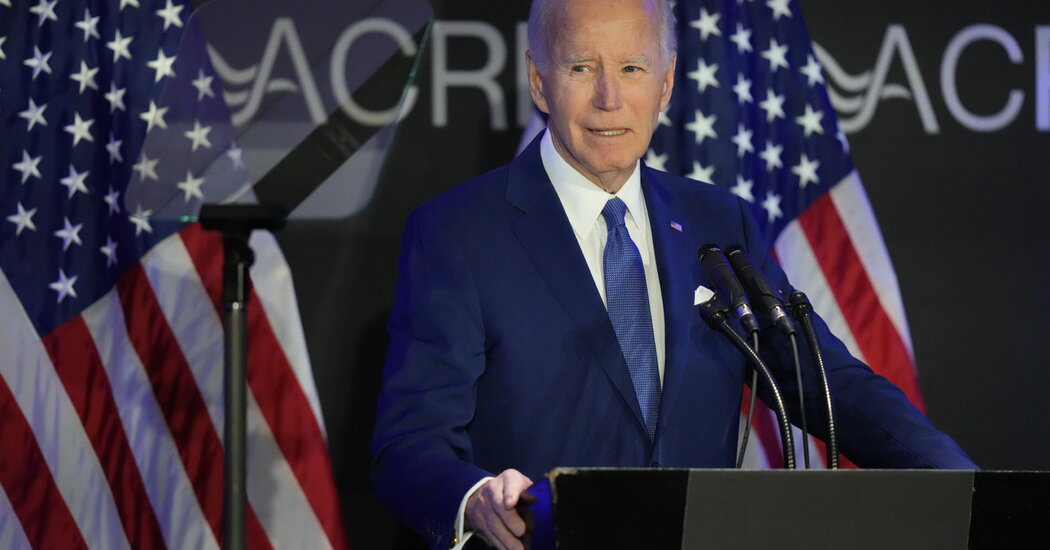The Supreme Court said on Friday that it would take up a challenge to a part of the Affordable Care Act that requires insurance companies to cover some kinds of preventative care at no cost.
The law, President Barack Obama’s signature legislative achievement, has survived three major earlier encounters with the court.
The new challenge is directed at a task force that decides which treatments are covered. It has determined that insurers must pay for, among other things, screenings to detect cancer and diabetes; statin medications to reduce the risk of heart disease and strokes; physical therapy for older adults to prevent falls; and eye ointment for newborns to prevent infections causing blindness.
The law’s requirement of coverage for lung cancer screenings alone saves more than 10,000 lives each year, the Biden administration told the justices.
Several Texas residents and two small Christian-affiliated businesses that provide health insurance to employees sued to contest the way the task force had been appointed, saying it violated the Constitution. The plaintiffs objected to the task force’s decision to cover medication preventing H.I.V. infection in some at-risk people, saying the drugs “encourage and facilitate homosexual behavior.”
Judge Reed O’Connor, of the Federal District Court for the Northern District of Texas, agreed, ruling that the United States Preventive Services Task Force had not been properly appointed by Congress and so did not have the constitutional authority to decide what services a health insurer must cover.
The U.S. Court of Appeals for the Fifth Circuit, in New Orleans, affirmed that ruling, saying the task force had too much independence.
In its petition seeking review of that decision, the Biden administration said the appeals court’s “legal rationale would inflict immense practical harms.”
“Millions of Americans,” the petition added, “rely on insurance coverage for preventive services without cost sharing. If allowed to stand, the decision below would call into question the legal duty of insurance issuers and group health plans to cover” the task force’s recommendations.
In their response, the challengers agreed that the Supreme Court should hear the case. Their brief objected to some forms of preventive care, including “a highly controversial pronouncement that compels private insurance to cover all F.D.A.-approved contraceptive methods, including contraceptive methods that some regard as abortifacients.”











